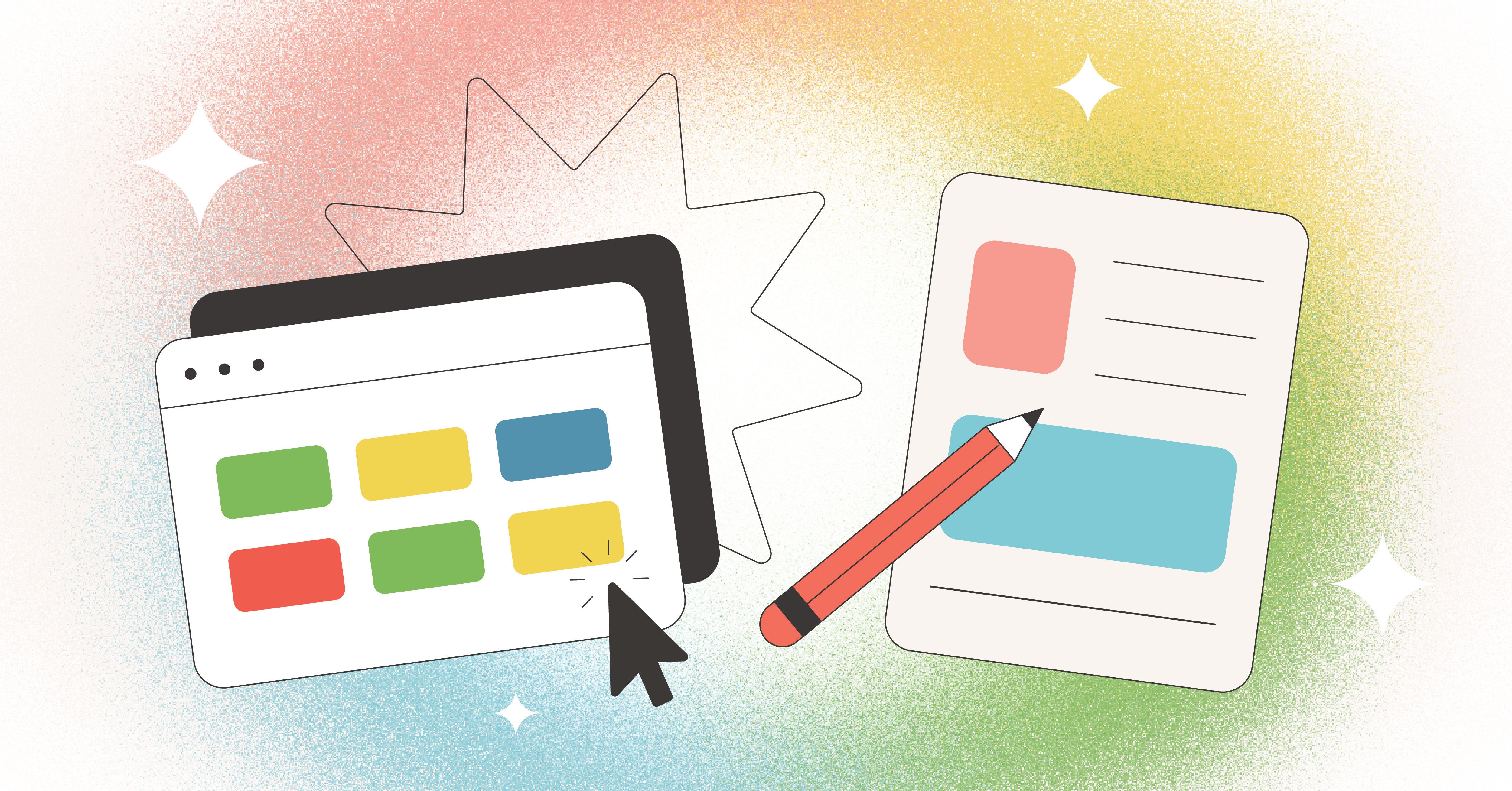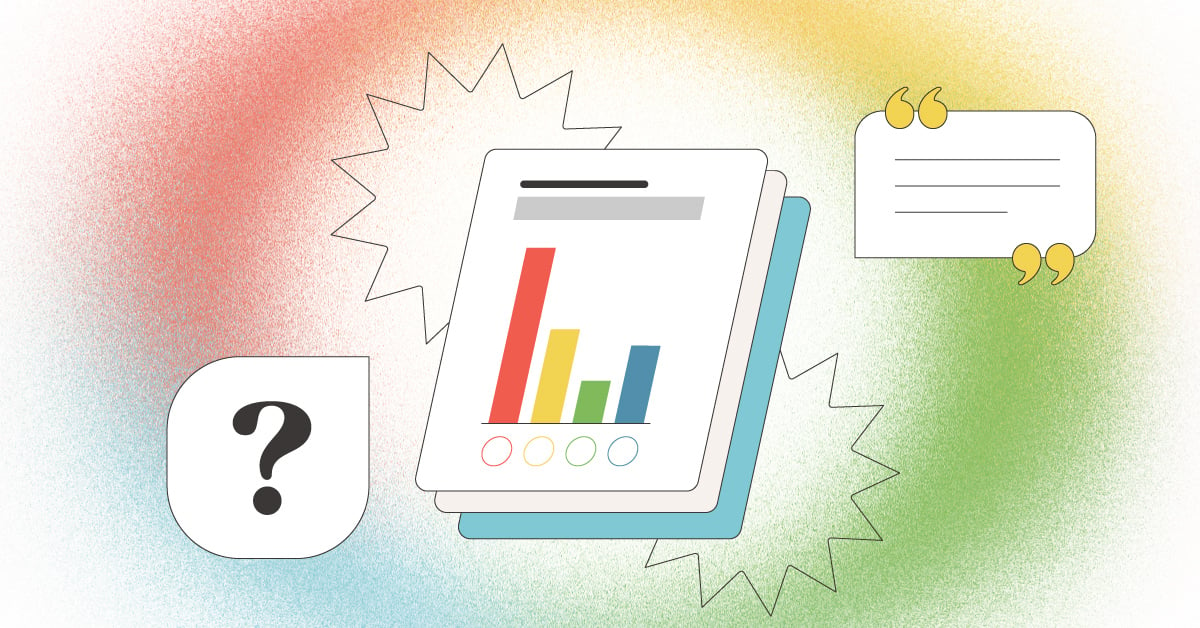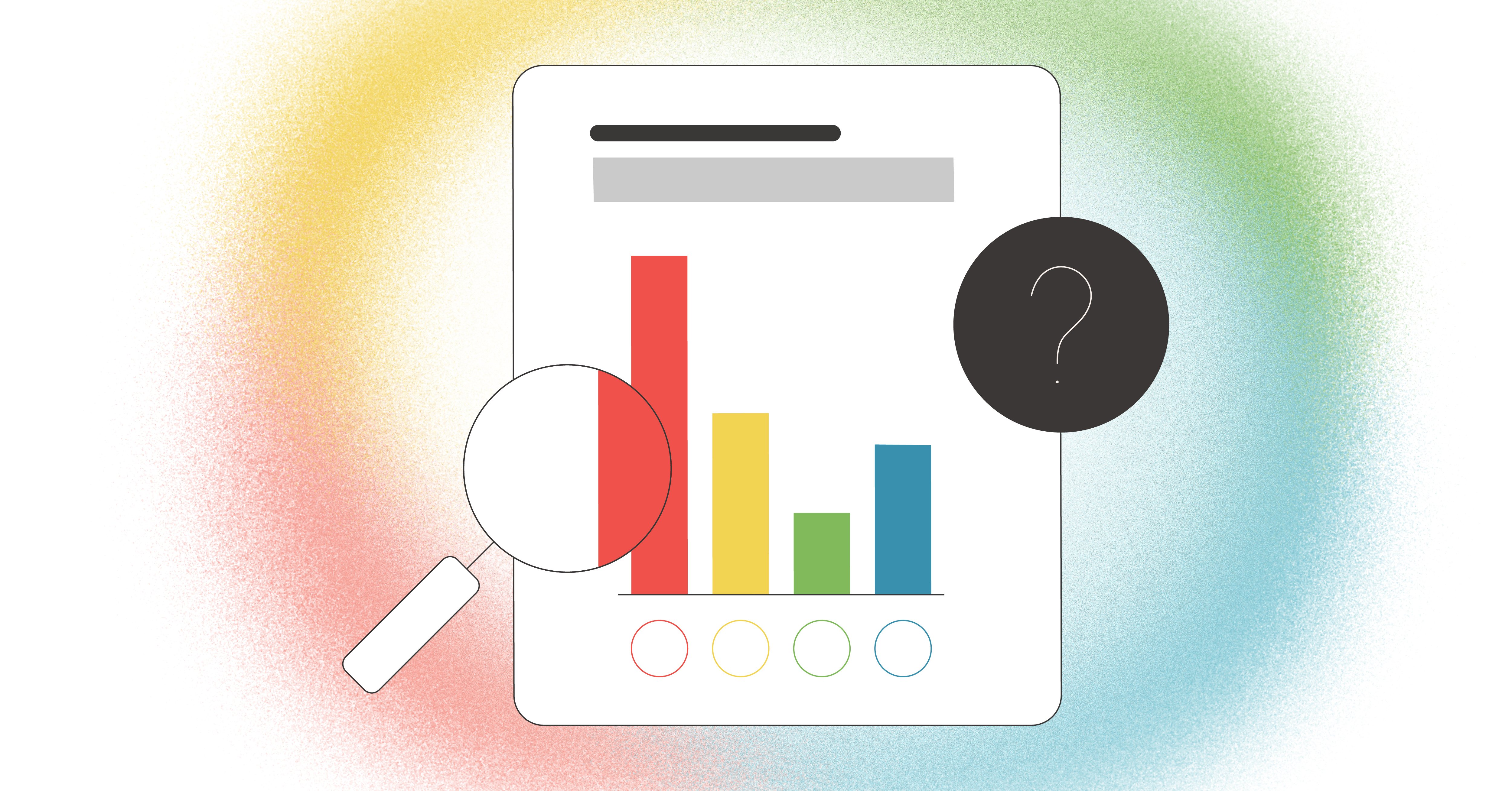
Finding the right candidate for a job can get complicated, especially if you’re looking beyond the resume for stronger workplace skills to really understand the ideal qualities for workers.
Whether you’re hiring for a leadership role or an entry-level position, focusing on team-first talent ensures long-term performance and a stronger workplace culture. Here are the essential skills that build stronger workplaces, going beyond a resume.
What are the Ideal Qualities for Workers?
Collaborative and Connected
One of the most important traits to look for in workers is their ability to collaborate with others. While not every role requires working closely with others, every role does benefit from someone with a team mindset.
Look for candidates who can demonstrate their ability to collaborate and thrive while working with others.
While interviewing, ask questions like, “Tell me about a time you supported a teammate who was struggling,” or “How do you ensure alignment in team-based projects?” Their answers can show how they prioritize connection and cooperation.
Proactive and Responsible
You need workers who are willing to make mistakes and own them. Look for candidates who can explain both their successes and failures and learn from all experiences.
Their willingness to acknowledge mistakes is a huge hiring green flag—it shows a willingness to take both responsibility and risks when needed.
Proactive employees also tend to anticipate challenges before they arise. Look for examples where a candidate initiated a change, solved a problem without being asked, or took leadership in a difficult situation, and dig into why they made those decisions.
Engaged and Involved
Employee engagement is crucial for your organization. Look for employees who want to find and create personal meaning in their work.
An engaged team will make all the difference; Forbes shared that employee disengagement translates to a profit loss of 34% of the disengaged employee’s annual salary. Can you afford a loss like that?
Ask candidates what motivates them beyond a paycheck. Passionate answers can reveal whether they’ll bring energy and commitment to your workplace. Engagement drives innovation, customer satisfaction, and team morale—don’t underestimate its value.
How Should You Evaluate Candidate Skills?
Now that you know what employee skills and characteristics to look for in your job candidates, it’s time to determine how to evaluate those personality traits.
This is where assessments come in. Personality assessments give you an objective metric to measure behavior, motivation, skills, emotional intelligence, and more.
People generally like others with similar personalities to them, and might clash with those who behave differently from how they do. This can subconsciously influence an interviewer, leading to missed opportunities or even a bad hire.
That’s why assessments are so valuable in the hiring process. They’re impartial, providing real, self-reported data that clearly and concisely outline a person's talents and opportunities.
Assessments also create a shared language of understanding between candidates, employees, and bosses. Offering constructive feedback becomes easier when you know how an individual responds to different communication methods. Once you become more familiar with the science behind assessments, your team can pick up on behavior without needing a debrief.
How Can You Use Assessments to Match Personality Traits to Team Roles?
Assessments are the secret weapon of effective organizations. They aren’t just effective in the hiring process; they are excellent for matching team roles with the right personality of the right person.
For example, if a candidate works in a front-line customer support role, they need to be energized by interacting and talking with others. If they are a Reserved communicator according to their DISC results, they are not likely to thrive in their role. The best-case scenario is that the employee can adapt their preferred behavioral style to fulfill the duties of their role, but the stress of working against their natural behavior will take its toll and can result in burnout.
Engagement increases when a role is well matched to a team member's personality. This increases workplace happiness, productivity, and quality of work.
Assessments can also help teams understand gaps. For instance, if your leadership team consists entirely of highly dominant and fast-paced individuals, you may be missing perspectives from stabilizing or analytical types. Adding diverse behavioral styles can strengthen strategy, reduce blind spots, and foster more rounded decision-making.
Why Team-First Talent Is the Future
The modern workplace doesn’t thrive on skills alone—it thrives on the connections of engaged, emotionally intelligent people who understand how to work well with others.
By identifying key skills, using assessments in the hiring process, and prioritizing alignment between roles and personalities, your organization can build a team that’s both strong and sustainable.



